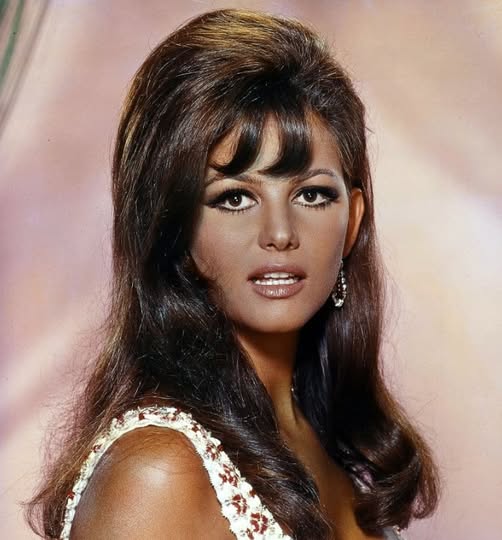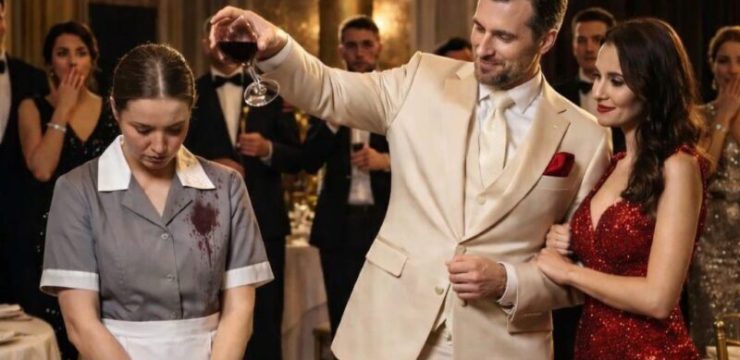Claudia Cardinale, an iconic figure of 1960s cinema, remains a celebrated name in the film industry at 86. Born Claude Joséphine Rose Cardinale on April 15, 1938, in Tunis, French Tunisia, to Italian parents, she was raised in a multicultural environment, fluent in French, Arabic, and the Sicilian dialect. Her journey into the cinematic world began unexpectedly when she won the “Most Beautiful Italian Girl in Tunisia” contest in 1957, leading to a trip to Italy and subsequent film contracts.

Cardinale’s early career was marked by collaborations with renowned directors. She appeared alongside Omar Sharif in “Goha” (1958) and gained prominence with roles in Luchino Visconti’s “Rocco and His Brothers” (1960) and “The Leopard” (1963), as well as Federico Fellini’s “8½” (1963). These performances showcased her versatility and established her as a leading actress in European cinema.
Behind her poised image, Cardinale faced personal challenges. As a teenager, she endured a traumatic assault that resulted in pregnancy. Choosing to keep her son, Patrick, she navigated the complexities of early motherhood while building her career. In a 2017 interview, she reflected on this period, stating, “It was terrible, but the most beautiful thing is that my wonderful Patrick was born from that violence.
During the 1960s, Cardinale expanded her horizons to Hollywood, starring in films such as “The Pink Panther” (1963) alongside David Niven, “Blindfold” (1965) with Rock Hudson, and “The Professionals” (1966) featuring Burt Lancaster and Lee Marvin. Despite these successes, she preferred to maintain her base in Europe, valuing her artistic freedom and personal roots.
Cardinale’s commitment to her craft is evident in her extensive filmography, encompassing over 150 films across various genres, including drama, comedy, and westerns. Her collaborations with directors like Sergio Leone in “Once Upon a Time in the West” (1968) further cemented her status as a versatile and enduring actress.
Beyond her film career, Cardinale has been an advocate for women’s rights. Since March 2000, she has served as a UNESCO goodwill ambassador for the Defense of Women’s Rights, using her platform to promote gender equality and empowerment.
In recent years, Cardinale has continued to engage with the film industry and her fans. Celebrations of her milestone birthdays have highlighted her timeless beauty and contributions to cinema. For instance, in 2023, tributes and retrospectives honored her 85th birthday, reflecting on her illustrious career and enduring influence
Cardinale’s personal life has been marked by significant relationships. She was married to Italian film producer Franco Cristaldi, who played a pivotal role in her early career. Later, she shared a long-term partnership with director Pasquale Squitieri from 1975 until his passing in 2017. She is a mother of two children: Patrick, from her early traumatic experience, and Claudia, her daughter with Squitieri.
Her resilience and dedication have not gone unnoticed. In February 2011, the Los Angeles Times Magazine named her among the 50 most beautiful women in film history, a testament to her lasting impact on the industry
In reflecting on her journey, Cardinale has often emphasized the importance of inner strength and authenticity. In a 2014 interview, she shared, “If you want to practice this craft, you have to have inner strength. Otherwise, you’ll lose your idea of who you are.”
As she continues to inspire new generations, Claudia Cardinale’s legacy stands as a testament to her talent, resilience, and unwavering commitment to her principles.





